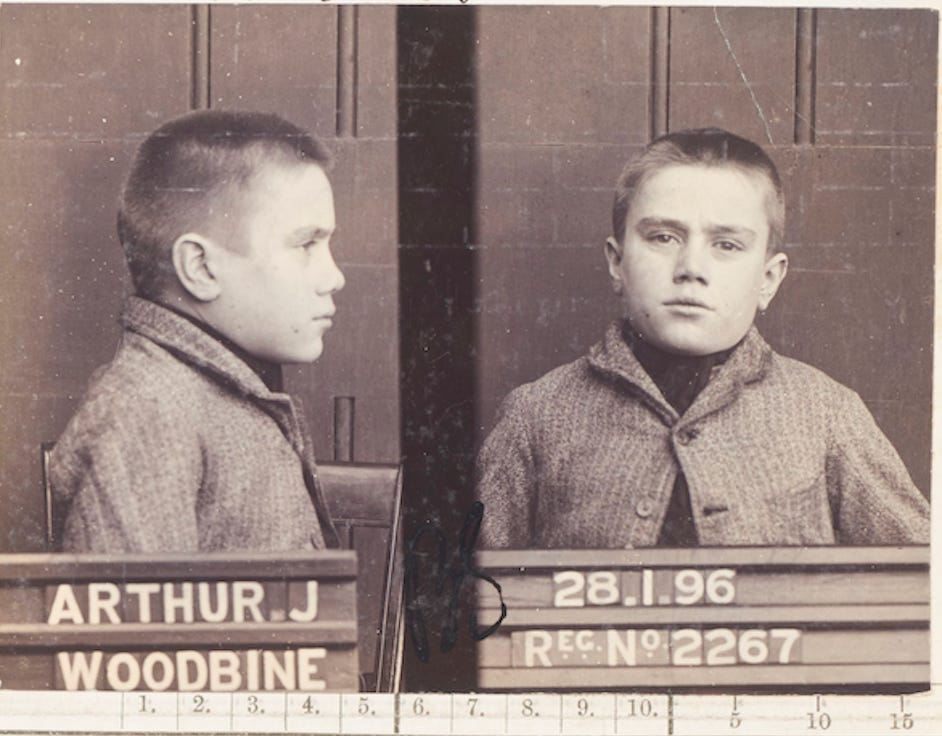Crime Monthly: May 2025 Crime and Origins
The Origins of Investigative Techniques, Transnational Criminal Organizations, and the punishment of a young boy.
Origins are a common thread among this month’s featured articles. The selected posts cover the origins of current criminal organizations (Tren de Aragua), sleuthing techniques, the criminal prosecution of youth, and the decline in violent crime.
These posts reveal insights into how policies can have unintended consequences and how practices become entrenched and institutionalized.
1. Governing and The Origins of Tren de Aragua.
Tren de Aragua1 was started in Venezuela, but its operations have grown throughout Latin America and reached the United States. Chris Dalby’s article explores how Venezuelan leaders made decisions that allowed such groups to prosper. These decisions make me think about the difficulty of balancing short-term goals (getting prisons under control) and long-term stability and safety. It is well worth reading and addresses a topical issue of concern. The Trump administration has used alleged links to Tren de Aragua as a justification for deporting people.
2. Inventing Techniques to Catch Criminals.
Dr Angela Buckley explores the history of sleuthing techniques. Her post covers the life of Eugène-François Vidocq, who innovated detecting techniques such as ballistic analysis, shoe imprint analysis, and taking detailed observations of crime scenes. Many of these practices became commonplace, yet one wonders about both changes in practice and accuracy.
3. Crime Spiked After Covid and then Declined Tremendously.
John Roman, PhD discusses significant declines in crime after a post-COVID spike. In this wonderfully insightful post, he explores some factors that explain the original spike in violent crime and why we have since seen such a historic decline. The decline is significant and started during the Biden presidency.
Here you can see the decline in the homicide rate in the US. I lifted this graph from the linked article. This post is a data-driven analysis exploring why this decline may have happened.
4. Punishing Young Offenders and the Efforts to Correct Them.
On another post, Dr Angela Buckley shares the story of a young child with a longish criminal record. Young Arthur was sentenced to a whipping for stealing a coat, and forced labor for stealing biscuits. This brilliant post allows us to think more deeply about sleuthing, policing, and crime in an era that appears both completely familiar and totally foreign.
Ive read several articles about this organization and had always misread the name as “tren de agua” or “water train” which honeslty seemed like a really strange name for an organization.








Thank you so much for your very kind mentions – I really appreciate all your support for my work